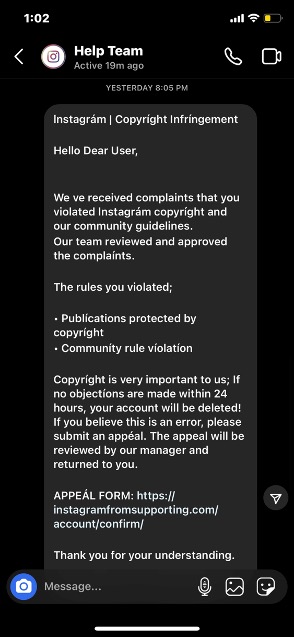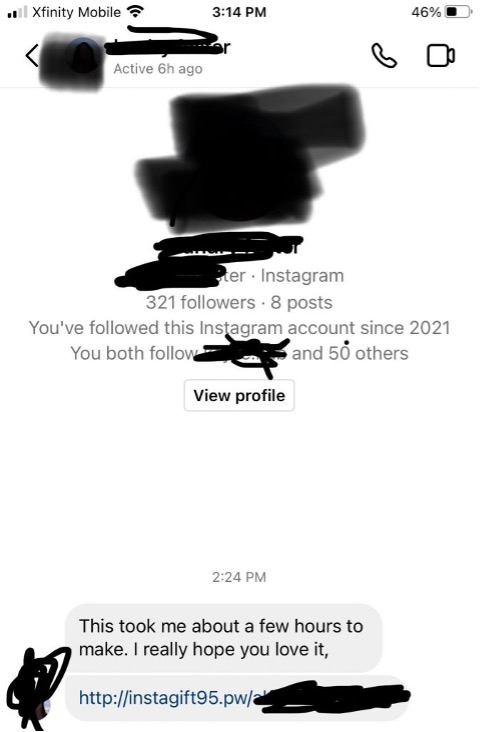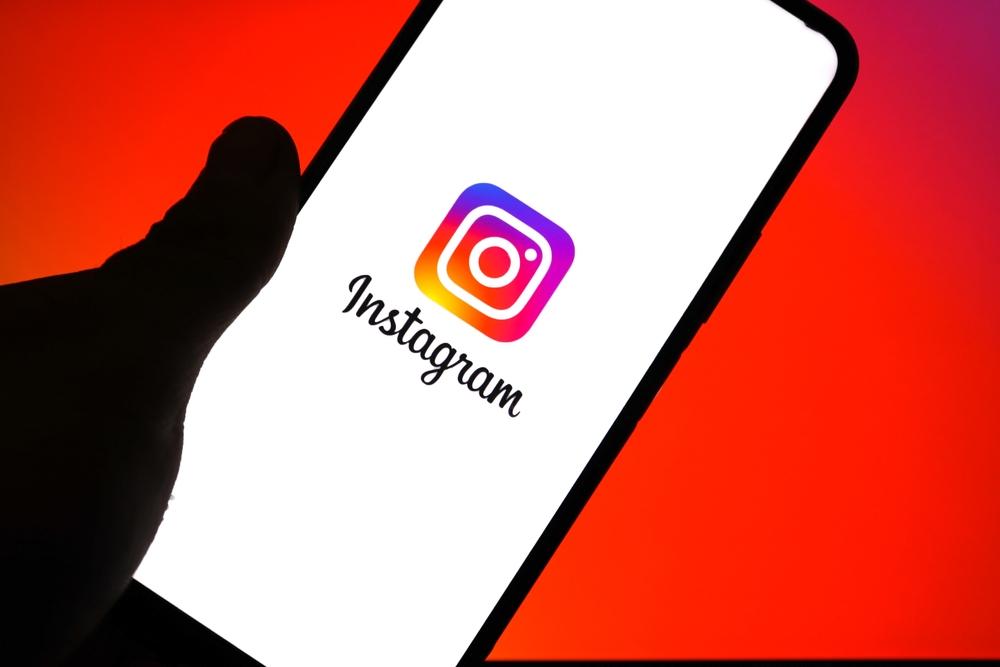Last Updated on March 31, 2023
In the years since Facebook bought it for $1 billion in 2012, Instagram has grown to become one of the world’s social media behemoths. This makes it a prime target for scammers, who are always on the lookout for the next opportunity to steal money and identities. As we’ve previously reported, while a Social Security number (SSN) goes for just $2 on the dark web, hacked Instagram accounts go for a whopping $45 —perfectly illustrating the value of your Instagram account to cybercriminals.
We can all imagine our horror at discovering hackers have posted weird photos or statements under our name. What’s worse, they can also use a hacked account to scam your friends and family — and to add insult to injury, they may even delete the account once they’re done. The following are the top Instagram scams to look out for in 2023.
STOP! Have You Enabled 2FA?
If you haven’t already, you should enable two-factor authentication (2FA) on your Instagram account for better security. For complete instructions on how to do so, click here.
#1 Instagram Phishing Scams
Phishing scams are, like elsewhere, by far the most common scam on Instagram. They tend to come in two types primarily:
1. Scammers who have taken over a friend’s account and proceed to send DMs to would-be victims with “Is this you?” type messages.

2. Scammers who have set up a fake Instagram account — either “personal” or imitating a support page. Using this disguise, they send out fake security alerts or notifications that your account will be disabled.

In both types, the aim is to get you to click on the embedded phishing link. Doing so will take you to a fake phishing Instagram webpage (that might look 100% identical to the real one) designed to harvest your personal information. Don’t fall for it!
#2 Instagram Influencer Scams
Instagram is full of influencers, selling their looks, style, and brand products. Most are legit, and many earn a great income from it. However, there are many scam-offers from fake brands too — designed to trick users into parting with their money and details.

Common scams involve the scammers pretending to be an established brand or public figure, offering to pay would-be victims to promote something. Typically, the user will be asked to hand over bank account information to receive the money — at which point the scammers disappear and the account closes.
#3 Instagram Giveaway Scams
Being full of lifestyle items, fashion products, and the aspirational “jet set” lifestyle, another common scam on Instagram involves free giveaways.

After taking over a friend’s account, scammers will send you malicious DMs that talk about a “gift” or “giveaway”. If you click on the malicious link, you’ll be taken to a fake Instagram log-in page that asks you to “verify” that you are not a bot. At this point, you will likely have your Instagram account hacked as well — continuing the malicious circle.
(Dis)honourable Mentions
While these are the top 3 most common scams, there are in fact a proliferation of other types, too. For a list of all scam threats, follow this link to Instagram’s own list. It includes:
- False Investment — Cash flipping and crypto scams are especially common.
- Romance — Through means of seduction and fake pictures/identity, scammers profit from the victim’s desire for a partner.
- Job — Similar to the influencer variety, it involves offers to help you earn money.
- Lottery — Old but effective: scammers claim you’ve won something (but you’ll need to pay a fee to receive it!).
Stay Safe & Turn On 2FA!
Remember, enabling two-factor authentication (2FA) on your Instagram account is essential for protecting it against hackers. For complete instructions on how to do so, click here.
In addition, consider the following tips:
- Be extra wary of messages received from strangers. Free gifts and places you’ve “appeared” are a major red flag.
- Double-check that any emails sent to you by Instagram are genuine. Be wary of typos and odd word choice in emails and DMs.
- Use Trend Micro ScamCheck to protect you from scam websites, phishing links, and more — for FREE!
Check out this page for more information on ScamCheck. And as ever, if you’ve found this article an interesting and/or helpful read, please do SHARE it with friends and family to help keep the online community secure and protected.
